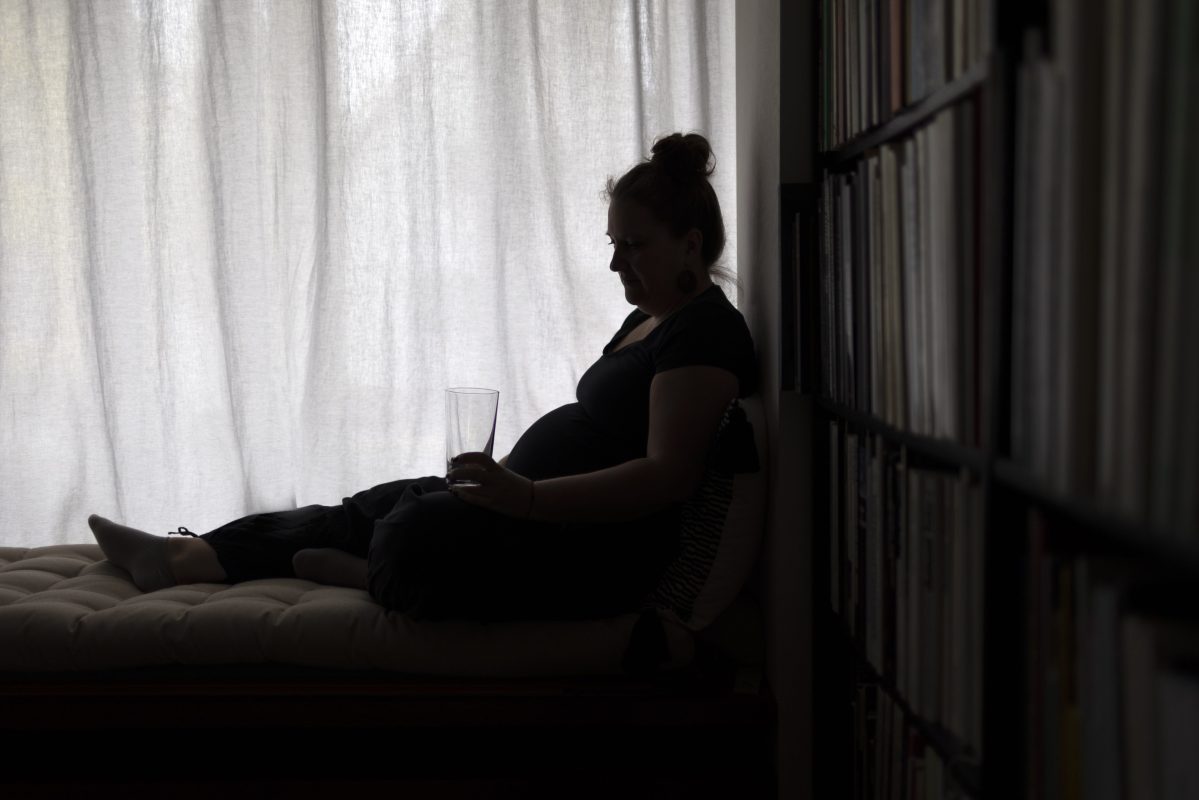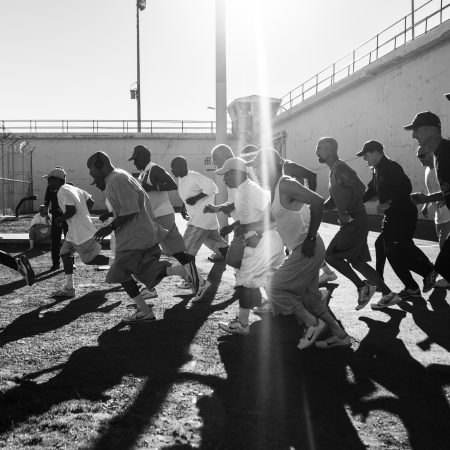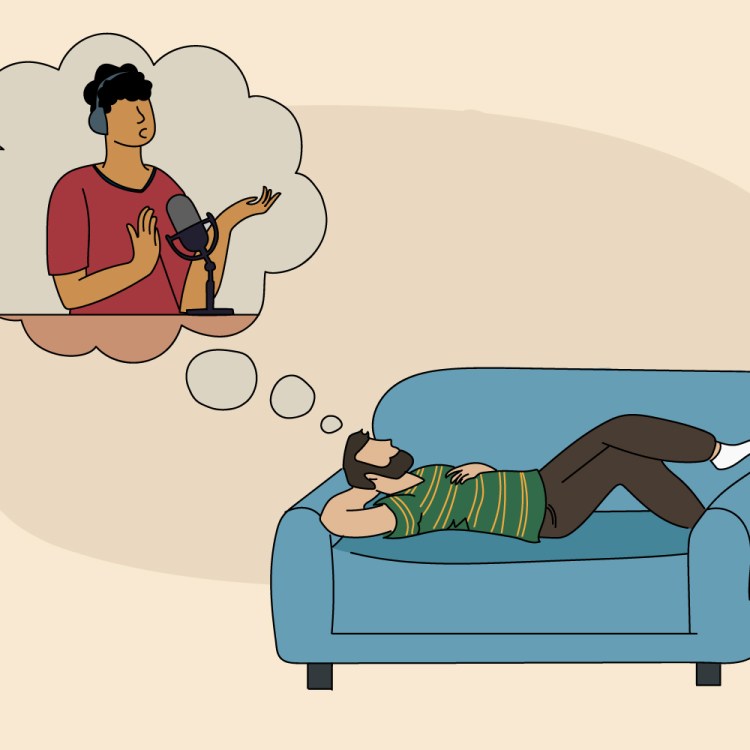Seemingly not a day goes by without someone delivering a hot take about cancel culture, and yesterday it came in the form of a deeply weird story from The Cut called “Canceled at 17.” The article follows an anonymous teen, dubbed “Diego,” who is described by writer Elizabeth Weil as “enormously appealing but also very canceled.”
Why, pray tell, has this “enormously appealing” boy been canceled? According to Weil, “He got drunk and — Diego really fucked up here: Everybody, including Diego, agrees on that, so please consider setting aside judgment for a moment — showed a nude of his beautiful girlfriend to a few kids there.”
It seems perfectly reasonable that that sex crime would result in Diego being ostracized by his peers. It’s nice that he realizes he made a mistake by violating his underage girlfriend’s consent and sharing photos of her naked body with their classmates without her permission, but why should that be enough for us to “consider setting aside judgment” over something that is objectively wrong?
It feels disingenuous to use Diego’s story as some sort of example of how “cancel culture” is spiraling out of control thanks to Gen Z. First of all, teens have been “canceling” each other for as long as there have been teens — we just don’t call it that when someone is made to be a pariah in high school because they’re perceived as being too nerdy or too slutty or too socially awkward. But to suggest that the concept of a group of 17-year-olds shunning or even targeting one individual they dislike is at all new is simply asinine. And beyond that, Diego actually deserves it. No one is entitled to have friends; why shouldn’t someone who did something everyone can agree is shitty suffer some social consequences as a result?
Besides, there’s a difference between “cancel culture” and “female students taking matters into their own hands because their school (and society as a whole) refuses to do anything to address their claims of abuse,” and based on the article, it sounds as if we’re dealing with the latter. After students staged protests over the school’s “rape culture,” Weil writes, “Students kept coming into the principal’s and vice-principals’ offices ‘upset over the fact that in the days after the protests, the school helped create safety-and-support plans for some of our male-identifying students who have been named,’ the principal said. ‘And our female students saw that as “Who are you protecting? Whose narrative is more important to you? Who do you believe?’”
Why, then, is The Cut so hell-bent on making sure Diego has friends after he shared nudes without consent?
“Let’s just come out and say it: It’s a horrifying time to be a young woman,” Weil writes. “The world is burning and bleeding out. Adults are not fixing it. Teenage girls are poised to have fewer rights over their own bodies than their mothers had. The sane response — the awake, healthy, non-nihilistic response — is to feel panicked, frantic, hung out to dry, devalued, and unsafe. Who are they supposed to believe is looking out for them: the schools? The courts? Elected officials? Will anything get done to make the world better if they don’t do it themselves? So we can ask, “How is this mob justice possible?,” and leave it there. Or we can ask, ‘What happened to this cohort to unleash what Northwestern legal scholar Deborah Tuerkheimer described as “a primal scream”?’ — a scream that conveys in its raw, messy, full-of-collateral-damages way that ‘we don’t trust our institutions, we’ve been betrayed by our institutions, and so all that’s left for us is to do this.’”
Why write the article at all, then? Why center it around a boy being “canceled” for committing a sexual violation rather than the countless girls who have been violated and ignored? How many teen girls have been “canceled” — slut-shamed, bullied and hung out to dry by the institutions that are supposed to protect them — when their nudes are shared without their consent? Where are the articles demanding that they have friends?
Ultimately, Weil writes, “Diego skipped his own graduation. He attended four proms, and after the last he found some drunk kids from his school waiting on his block, at 1 a.m., just to tell him to fuck off. Soon after, the school emptied for the summer, nothing fixed, the clock run out. In three months, Diego was leaving town to go to college hundreds of miles away. He didn’t know if he’d return.”
So, to recap: This kid faced no disciplinary action, he got into college and he’s still popular enough that he attended not one but four proms, but his senior year was a little uncomfortable after he did an objectively terrible thing. Boo-fucking-hoo.
Thanks for reading InsideHook. Sign up for our daily newsletter and be in the know.

















